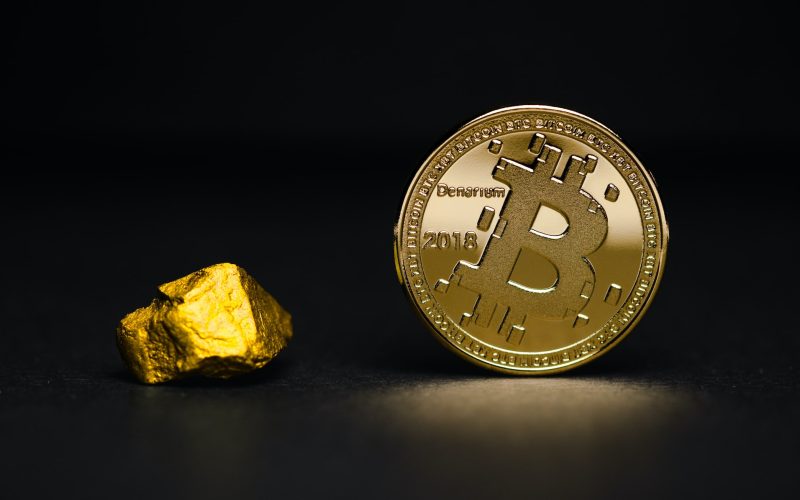In the ever-evolving landscape of finance, a titanic struggle for supremacy is underway, pitting a digital disruptor against the stalwart pillars of traditional banking. At the heart of this clash lies the age-old question: Who truly holds the keys to financial freedom?
Bitcoin’s Ascent: A New Dawn for Finance
Bitcoin, the decentralized digital currency, has emerged as a symbol of financial emancipation for those disillusioned with conventional banking. Created in the aftermath of the 2008 financial crisis, Bitcoin sought to dismantle the established order, placing the power back in the hands of the people.

Bitcoin’s allure lies in its core principles of decentralization, transparency, and security. Transactions are recorded on an immutable blockchain, accessible to all, ensuring trust in an inherently trustless system. This, proponents argue, grants the financial freedom to individuals who have long felt disenfranchised by traditional banking systems.
Traditional Banking: The Guarded Fortress
On the opposing side of the battleground stand traditional banks. These financial behemoths have dominated the landscape for centuries, providing essential services but also maintaining a tight grip on monetary control. Critics argue that traditional banking systems have proven themselves prone to corruption, manipulation, and economic inequality.
Institutional regulations, hefty fees, and centralized power structures have left many feeling beholden to these institutions. The traditional banking model, they claim, limits true financial freedom by perpetuating a system that benefits the few at the expense of the many.
The Clash of Ideologies
This clash of ideologies underscores a fundamental question: What does financial freedom truly entail?
For Bitcoin advocates, it means a world where individuals have complete control over their finances. They envision a future where you, the individual, are your own bank, with the power to transact, invest, and save without intermediaries.
In contrast, traditional banking adherents argue that stability, regulation, and safeguards are vital for financial security. They believe that unchecked decentralization could lead to chaos, fraud, and anarchy in the financial world.
The Road Ahead
The battle between Bitcoin and traditional banking is far from over. Both sides have their merits and drawbacks, and the future of finance may very well lie in a synthesis of the two.
As we navigate this ever-evolving financial landscape, one thing is clear: the quest for financial freedom is far more complex than a binary choice between old and new. It’s about striking a balance between innovation and stability, personal empowerment and systemic protection.












